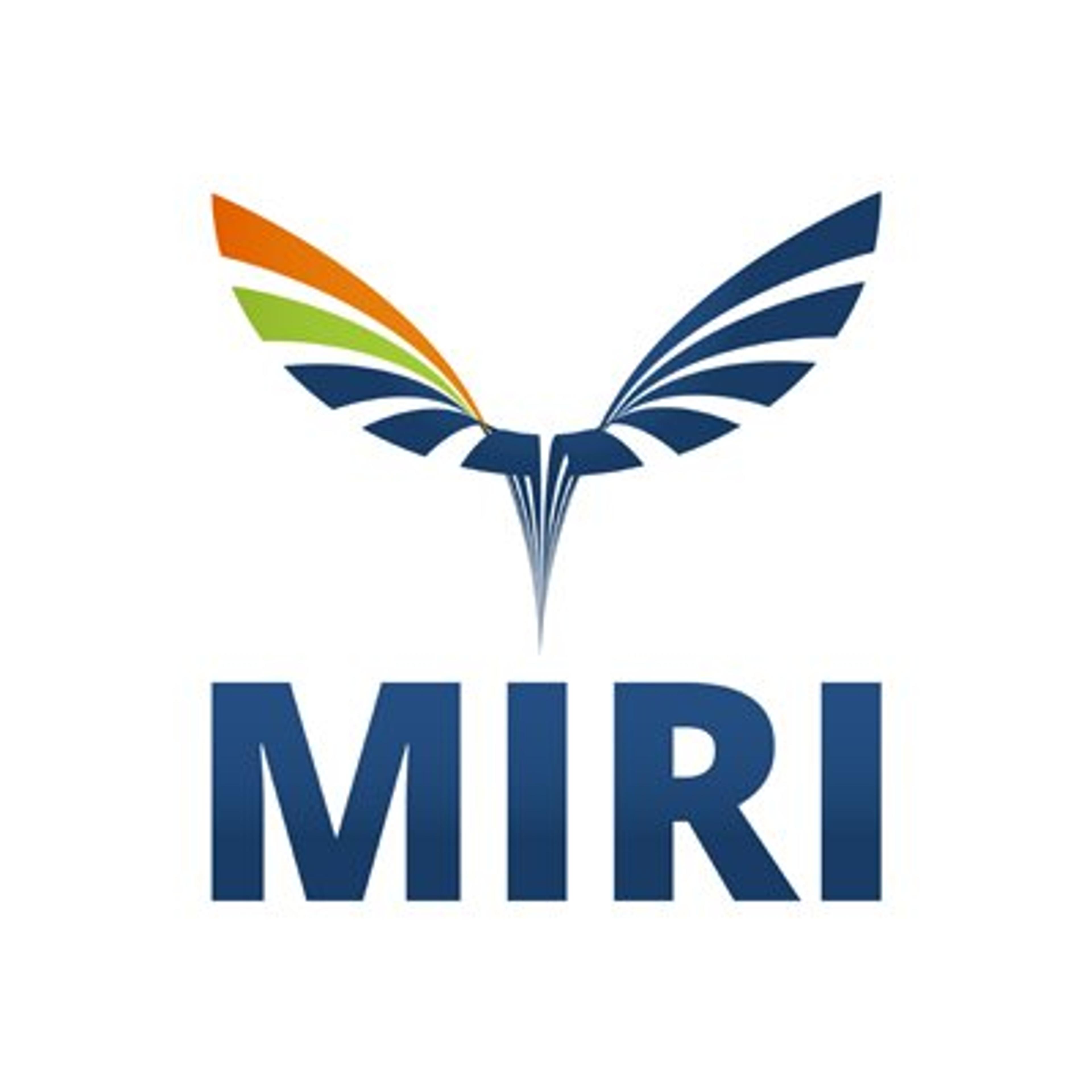
Machine Intelligence Research Institute
AI Safety Research
The Machine Intelligence Research Institute is a nonprofit research organisation dedicated to ensuring the safety of advanced artificial intelligence.

What problem is the Machine Intelligence Research Institute working on?
The Machine Intelligence Research Institute (MIRI) studies the mathematical underpinnings of intelligent behaviour. It aims to further the development of artificial intelligence systems, ensuring the systems’ safety and reliability.
MIRI researchers don’t predict a specific timeline for the development of smarter-than-human artificially intelligent systems, but researchers generally agree that artificial intelligence will outperform humans in this century.
What does the Machine Intelligence Research Institute do?
MIRI has developed a technical research agenda: Agent Foundations for Aligning Machine Intelligence with Human Interests. MIRI funds research that it thinks may be useful for making general-purpose artificial intelligence safe, reliable, well understood.
MIRI focuses on approaches to artificial intelligence that will remain transparent to humans (so that humans can understand why systems behave the way they do). It aims to develop an understanding of intelligent systems that behave as intended in novel settings.
What information does Giving What We Can have about the cost-effectiveness of the Machine Intelligence Research Institute?
We don't currently have further information about the cost-effectiveness of MIRI beyond it doing work in a high-impact cause area and taking a reasonably promising approach.
Please note that GWWC does not evaluate individual charities. Our recommendations are based on the research of third-party, impact-focused charity evaluators our research team has found to be particularly well-suited to help donors do the most good per dollar, according to their recent evaluator investigations. Our other supported programs are those that align with our charitable purpose — they are working on a high-impact problem and take a reasonably promising approach (based on publicly-available information).
At Giving What We Can, we focus on the effectiveness of an organisation's work -- what the organisation is actually doing and whether their programs are making a big difference. Some others in the charity recommendation space focus instead on the ratio of admin costs to program spending, part of what we’ve termed the “overhead myth.” See why overhead isn’t the full story and learn more about our approach to charity evaluation.